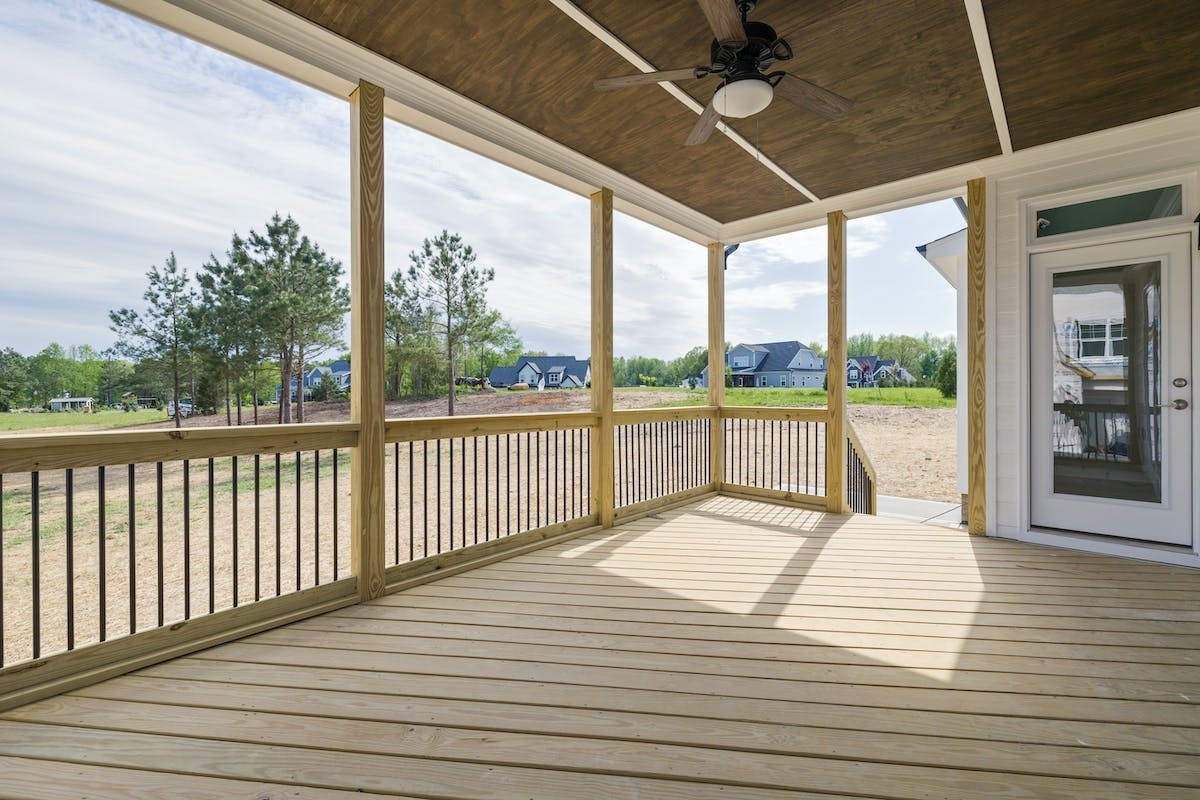
What first time homebuyers and sellers don't know could cost them
___
Published Date 1/22/2019
When there has been enough of renting, it’s not uncommon for the home-buying hunt to begin. Most first-time buyers, however, don’t know what they don’t know. And if they are placing their well-earned dollars in a real estate investment they plan to live in; they need to become a student of the hunt.
Real estate professionals who specialize in first-time homebuyers will usually tell you that these consumers usually haven’t seen enough houses or condos to fully understand where real estate value lies, even if they’ve fallen in love with a few floor plans or features here and there. While they may have lived in their parents’ house much of their lives, it’s not the same as having taken care of it. What kind of teenager notices subtle signs of damage, sloppy construction, or poor maintenance? Maybe those who go on to become Realtors? The bottom line is that few novice homebuyers recognize value when they see it. RealtyTimes’ PJ Wade describes it in a recent article: “First-time-buyer naivety is often preyed on with the latest buzzwords, staging, hot shiny appliances, and a coat of fresh paint.”
If you’ve been a renter most of your adult life, it’s hard to know what has gone on with building materials, design, or lifestyle essentials, since what you rented is what you got — no more and no less. Wade points out how this leads to undervaluing or even over-over-valuing new houses or condominium units. “For example, quartz kitchen counters have gained popularity over marble and granite for several reasons,” says Wade. “Open-concept design is preferred by those with small children or those who live to entertain, but not by those who are untidy, relish quiet spaces, or are energy conscious.” Single story homes can appeal to the young and old alike, but many take up huge footprints on the property, robbing families of backyard space.
Wade points out how even first time sellers can have unrealistic notions of value, believing their cost of buying and transforming the property into their home suddenly adds up to their actual “bottom line” for resale value. “Problems arise for sellers when this must-have sale price is not in line with market value,” says Wade. “When the seller expects more than market value, this ‘over-priced listing’ may take longer to sell, may eventually sell for less, or may fail to find a buyer.” But make no mistake. Some buyers will fail to recognize when a home is over-priced unless they have a real estate professional along to point it out. Emotions can rule the day until reality hits when a bank appraiser comes in to give them the bad news — the house isn’t worth what they are willing to pay for it.
Even homebuyers who consider themselves “experienced” because they bought a home in which they raised their families and are now ready to downsize can fall prey to making poor decisions. Smaller and cheaper may sound good in theory, but once they experience the reality, they may have regrets.
“When faced with the actual move to a smaller house in a cheaper location, they may find the mental leap too great,” says Wade. “Downsizing is often wrongly considered merely moving into a smaller property. In reality, this less-space move usually involves adopting a different lifestyle, living in a different neighborhood, adjusting to a different status, dealing with different interior finishes, and the list can go on”
Unless you have a background in contracts, financing, interior design, renovation, negotiation, and conflict resolution, it’s best to enlist the help of a professional. What you don’t know about real estate can be monumental, and many Realtors consider it their job to educate you not only on what’s out there but also what to avoid. They make it their business to know what you don’t or even don’t WANT to know.
Source: RealtyTimes, TBWSAll information furnished has been forwarded to you and is provided by thetbwsgroup only for informational purposes. Forecasting shall be considered as events which may be expected but not guaranteed. Neither the forwarding party and/or company nor thetbwsgroup assume any responsibility to any person who relies on information or forecasting contained in this report and disclaims all liability in respect to decisions or actions, or lack thereof based on any or all of the contents of this report.
First
Priority Home Loans is a DBA of Anchor Funding, Inc. NMLS #236419 &
1626581. California
Bureau of Real Estate,
Real
Estate Broker Number 01276087. Loans made or arranged pursuant
to the
California Department of Business Oversight. California Finance Lenders Law
license number 603 L293.


Andre Enriques
Branch Manager/Mortgage Lender
NMLS: 220937
First Priority Home Loans
891 Kuhn Drive #204, Chula Vista CA
Company NMLS: 236419
Office: 619-323-2066
Cell: 619-208-6499
Email: andrefunds4u@sbcglobal.net

Andre Enriques
___
Branch Manager/Mortgage Lender
NMLS: 220937
Cell: 619-208-6499
Last articles
___

How to sabotage your own sale in a few easy steps
4/18/2024
This is fun, interesting information that everyone enjoys. Every report is a lit... view more

Labor data remains strong with low Initial Weekly Jobless Claims
4/18/2024
Initial Weekly Jobless Claims remained very low at 212K versus estimates of 215K... view more

Markets see a minor rebound
4/17/2024
Overnight a little volatility but well within the narrow range, the 10 year note... view more

Downsizing after retirement: A decision best made with careful consideration
4/16/2024
Retirement can be a happy time. Earning downtime not steeped in paychecks and li... view more

Rate cuts in 2024? There’s no ‘there there’ quite yet
4/15/2024
Inflation jumped in March, giving the U.S. Federal Reserve ammunition to hold of... view more

Three things that could impact rates this week
4/15/2024
These are the three areas that have the greatest ability to impact rates this we... view more

The squatting nightmare: what can you do to prevent it?
4/12/2024
Unless it’s in an abandoned ghost town, vacancy attracts. It invites. Plain and ... view more

Oversharing can be as problematic as undersharing with your lender
4/11/2024
When you hear the term “full disclosure” it may not lend itself to oversharing i... view more
Load more
 First Priority Home Loans
First Priority Home Loans








































